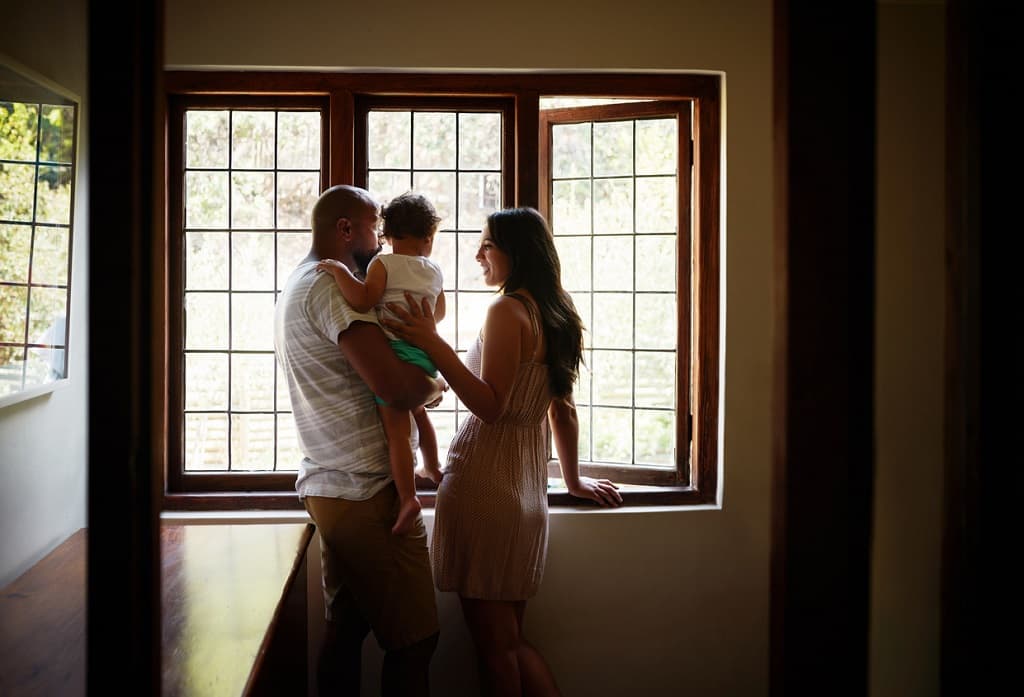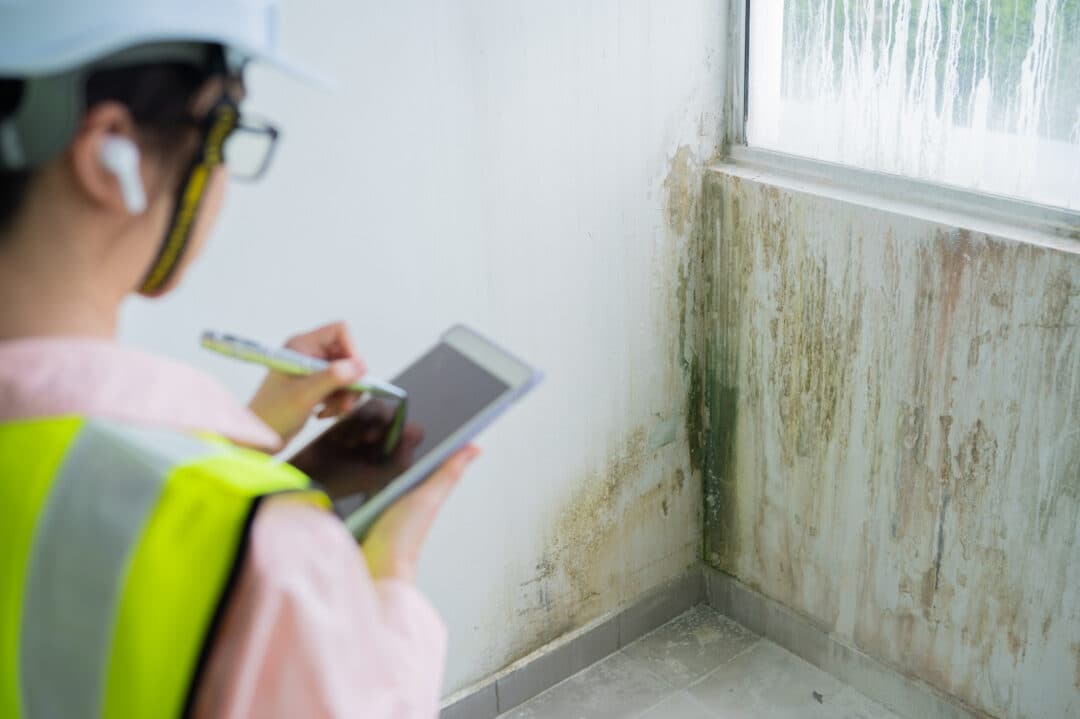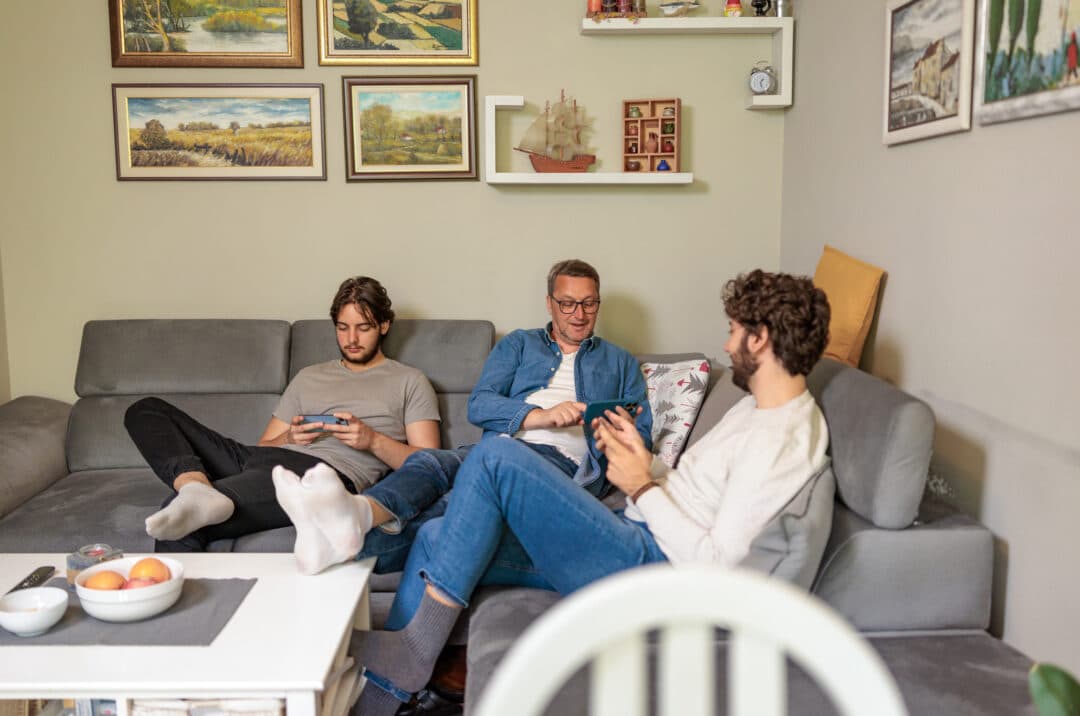Why are Brits hung up on homeownership?

There’s no badge of honour being a homeowner so why are Brits consumed with owning their own homes? Viewber explores our fascination.
For the first time since December 2014, it is cheaper to rent a property than buy one. Research by estate agents Hamptons International found that as of May 2021, tenants spent £71 less a month on rent compared to a monthly mortgage repayment with a 10% deposit.
Despite this news, we are a nation hung up on homeownership. It’s a very British thing and our continental counterparts don’t get our fascination with mortgages and living in a property that we own. Over the years, many have questioned if we, as a nation, have an unhealthy fixation with money and at a deeper level, the French have even coined the phrase ‘the English disease’, which refers to our intense obsession with the property market in particular.
Perhaps we are, there is always new market analysis and research into property trends. For instance, residential rental company, UNCLE, recently conducted a survey of UK residents to establish their views on renting. While the findings have been used to endorse tenant status, a different interpretation reveals that despite changing attitudes, only a minority of people aren’t preoccupied with homeownership.
When it comes to baby boomers, a mere 17% think there’s too much emphasis on being a homeowner. Only 12% of both the Gen Z group (16-24) and Millennials (25-39) do not want or feel the need to buy a house, with a small 15% of Gen X (40-54) also agreeing that there is too much importance placed on owning a home. The results mean a minimum of 83% of those questioned place a degree of importance on homeownership – a figure that’s quite telling.
So why is there an inherent, almost automatic, desire to own a property in the UK? Here Viewber looks at the complex – and often intertwined – social, financial and historical reasons.
It’s a Conservative thing: successive Tory Governments have championed homeownership – a stance that was amplified under Margaret Thatcher’s leadership in the 1980s. Her Right to Buy scheme created thousands of new homeowners, therefore making it much more normal to own than rent. Today, Boris Johnson has publically declared his intent to turn ‘Generation Rent’ into ‘Generation Buy’, continuing the narrative with the help of 5% deposit mortgages and the Help to Buy scheme.
It’s a status thing: owning your own home has long been an indicator of wealth and status, with landed gentry and estate owners forming a historic hierarchy above tenants – very ‘lord of the manor’. While your house may be a more modest two up two down, and not a country pile, not living in someone else’s property is a measure of success and financial security. Homeownership is still seen as a validation that you’ve grown up and made it in life, while the phrase ‘an Englishman’s home is his castle’ still holds water in terms of doing as you please under your own roof.
It’s a profit thing: our perception of property has changed radically in the last 20 years, fuelling our desire to own. Not just a place to live, bricks and mortar is seen as a good way to earn money – hard to argue against when the latest Office for National Statistics data shows UK average house prices increased by 10.2% alone over the year to March 2021. In fact, UK property values have trebled since the turn of the millennium, when the cost of a home was an average of £91,000, while some properties have earned their owners more than their annual wage in value rises.
It’s an ethics thing: for many, paying rent is a futile exercise that simply lines the pockets of a landlord. At the end of the tenancy, there is no short-term financial gain and no asset that helps provide for the long-term future. Handing over a substantial amount on a monthly basis – a UK average of £996 every time, according to HomeLet’s most recent rental index – is seen by many as dead money that makes someone else wealthy. As a result, many tenants want to transition to homeowners as soon as they can.
It’s an unregulated thing: analyse lettings trends in Europe and you’ll find highly regulated rental markets. Not only is there a better supply of rental properties, there are state-imposed rent caps, and a large portion of stock that is state subsidized and available with no deposit, making renting the norm. Although some political parties would introduce some of these elements in the UK, none have made it into power. As a result, our rental market self regulates in line with supply and demand, making it unpredictable.
If you’ve got more potential homeowners looking to view properties than hours in the day, talk to Viewber about our accompanied viewing service. And it’s not just for purchasers either – we show properties to tenants too.



